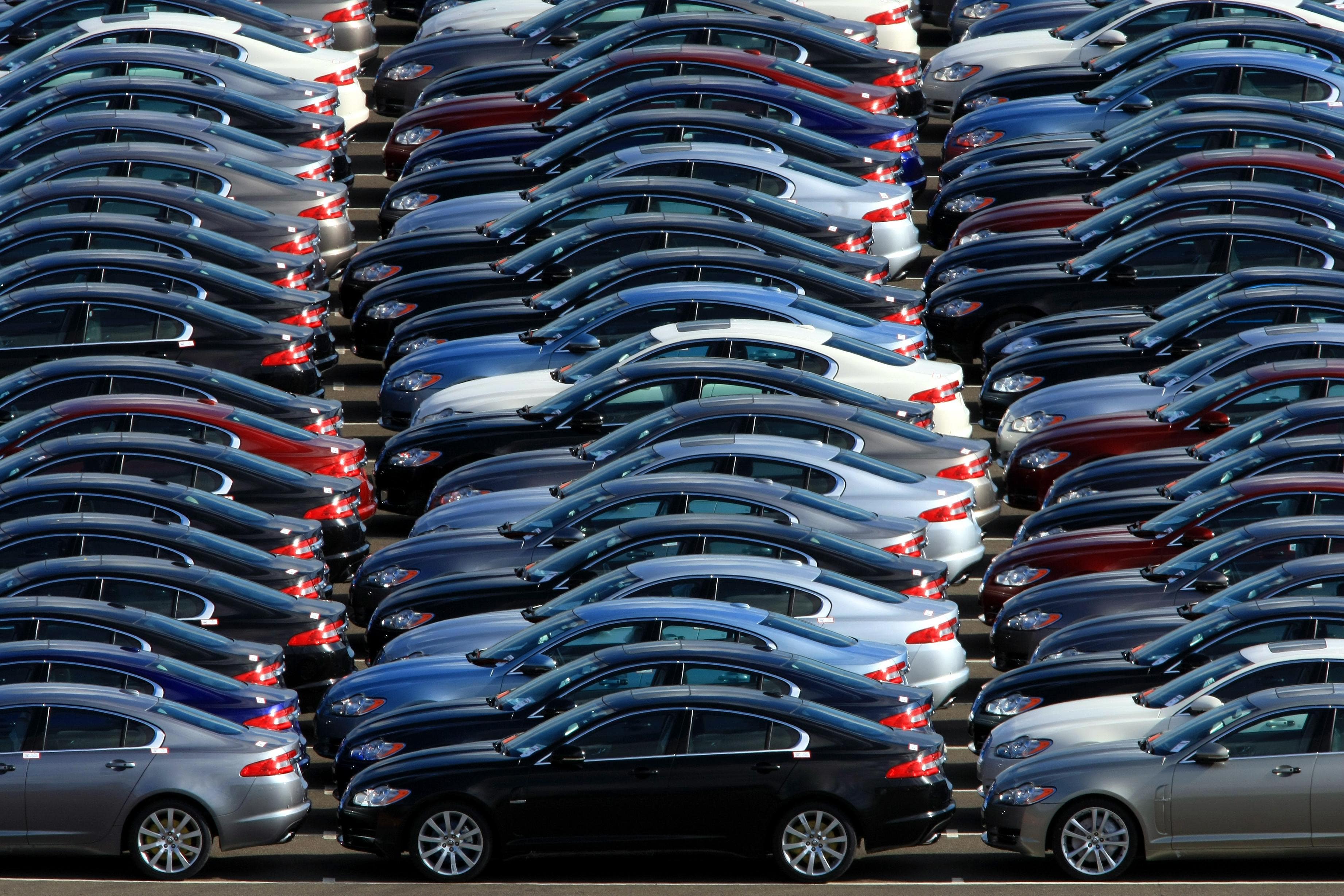Crisis looms for motor finance industry ahead of crucial 2025 court decision
Some experts have raised the possibility that potentially millions of motorists could be eligible for a payout.

Your support helps us to tell the story
From reproductive rights to climate change to Big Tech, The Independent is on the ground when the story is developing. Whether it's investigating the financials of Elon Musk's pro-Trump PAC or producing our latest documentary, 'The A Word', which shines a light on the American women fighting for reproductive rights, we know how important it is to parse out the facts from the messaging.
At such a critical moment in US history, we need reporters on the ground. Your donation allows us to keep sending journalists to speak to both sides of the story.
The Independent is trusted by Americans across the entire political spectrum. And unlike many other quality news outlets, we choose not to lock Americans out of our reporting and analysis with paywalls. We believe quality journalism should be available to everyone, paid for by those who can afford it.
Your support makes all the difference.A crisis facing the UK’s car finance market is looming as a crucial court decision over the potential mis-selling of loans could see lenders foot a £30 billion compensation bill, and send shockwaves across the industry.
Some experts have raised the possibility that potentially millions of motorists could be eligible for a payout.
This could happen if the UK’s highest court, the Supreme Court, upholds a landmark ruling on hidden motor finance commission arrangements next year.
That judgment, made in the Court of Appeal in October, said it was unlawful for car dealers to gain commission from lenders without receiving the customer’s fully informed consent to the payment.
It means that customers should have been clearly told how much commission dealers would earn, and agree to it.
The decision opened the floodgates to a potential fresh wave of complaints from motorists who think they may have been mis-sold car finance in previous years.
It's clear that there could be millions of motorists who will be entitled to compensation as a result of some finance lenders charging customers commission without their informed consent
While the industry waits to see whether the Supreme Court upholds or overrules the judgment, the Financial Conduct Authority (FCA) is separately investigating whether there was widespread misconduct in the motor finance market and, if so, how affected consumers should be compensated.
Benjamin Toms, a banking analyst for RBC Capital Markets, said that if the court ruling is upheld, and depending on the specific judgment, there could be more complaints that are brought to court.
The FCA, in a letter to the Supreme Court, estimated that almost 99% of the roughly 32 million car finance agreements between 2007 and 2021 involved a commission payment to a broker.
“What they’re saying, without being explicit, is if you make the wrong decision in this case, that’s a lot of court cases you’re going to have to hear,” Mr Toms said.
He also said it could have ramifications beyond motor finance, with a ruling potentially incorporating other financial arrangements where commission is paid.
In a worst-case scenario, where it is decided that most eligible customers were given an unfair deal, banks and other financial services firms could face a compensation bill worth as much as £33 billion, according to analysis by RBC.
Credit ratings agency Moody’s also estimated that the compensation costs could hit £30 billion.
Gurpreet Chhokar, consumer law expert for consumer group Which?, said: “It’s clear that there could be millions of motorists who will be entitled to compensation as a result of some finance lenders charging customers commission without their informed consent.
“The Court of Appeal’s ruling, which decided it wasn’t enough for lenders to bury information about them receiving commission in the small print, could – especially if the Supreme Court, which has granted permission for an appeal of the decision, agrees with the ruling – have far-ranging implications.
“It could include, for example, broker agreements between insurers and customers who pay for motor and home insurance monthly and therefore pay interest.”
She added that consumers should seek advice “sooner rather than later” if they believe they have been affected.
For now, banks are left in limbo as they await the court’s verdict and the FCA’s plans for potential compensation.
The chief executive of Lloyds, which earlier this year said it was setting aside £450 million to cover potential compensation costs, said the uncertainty was one of the biggest problems for the industry.
Charlie Nunn said at a conference earlier this month: “We absolutely think the industry, regulators and the Government are going to need to come together to provide that certainty for consumers, for the car industry, and actually for the investability of the UK economy.”
The Supreme Court is expected to hear the appeal, involving banking groups Close Brothers and FirstRand Bank, around March 2025, with a verdict reached later in the year.